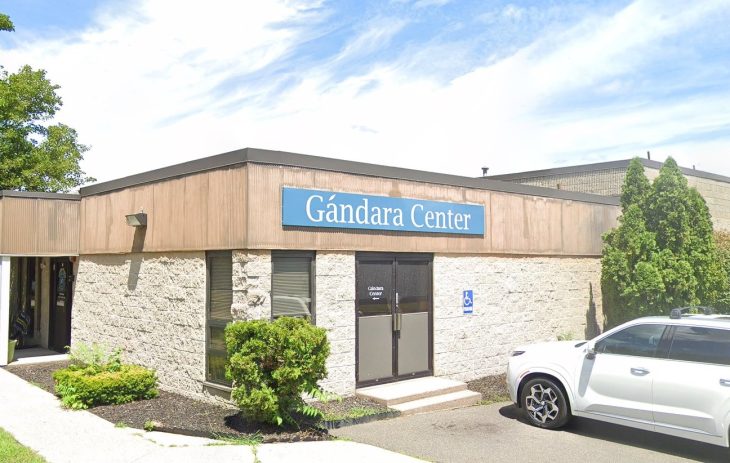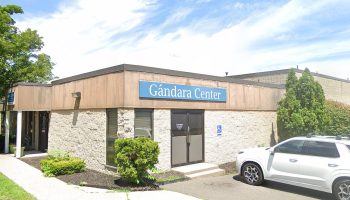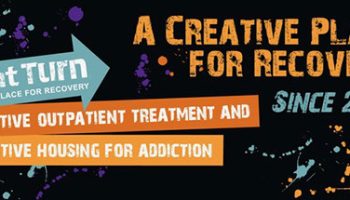About Gandara Mental Health Center Outpatient Behavioral Health
Gandara Mental Health Center is an outpatient behavioral health and substance use treatment facility. They have several locations, including the one on St. George Road in a secluded corner of the industrial sector of Springfield, Massachusetts. This location offers medication assisted treatment (MAT) for substance use detox. They have a culturally sensitive program with most classes offered in Spanish and English.
They offer a structured outpatient addiction program (SOAP) that lasts 3-6 weeks. It’s a program that helps clients achieve abstinence and maintain their recovery from drugs or alcohol. The program is Monday through Friday for 3.5 hours per day. They use different therapy modalities in the program.
The MAT program uses evidence based medications to help you wean off opioids and other drugs. You’ll also have access to recovery coaching which is free. In recovery coaching, you’ll meet with people who have personal experience with addiction. They’ll help you develop a plan to work toward your recovery goals.
There are also behavioral health services at this location. When addressing a substance use disorder, it’s important to participate in therapy and other behavioral health programs. Many people with substance use have co-occurring mental health disorders such as depression. Identifying mental health issues is key to long term sobriety because many people use substances to self-medicate for mental health symptoms.
Once you’re through the programs, you can continue to seek treatment at the clinic. They have ongoing mental health and substance use treatment services.
Levels of Care
-
Outpatient
In outpatient therapy, you’ll attend therapy sessions several times each week while living at home. This is ideal if you have a strong support system and a lower risk of relapse. Outpatient treatment offers flexibility to maintain work, school or family obligations.
-
Aftercare
Aftercare programs provide ongoing support after you complete a rehab program. They may include several components to help you maintain sobriety including therapy, community support groups and relapse prevention strategies. This gives you a network of resources as you reintegrate into your daily life.
-
Dual Diagnosis
Dual diagnosis programs address substance use disorders and co-occurring mental health conditions simultaneously. This integrated approach to care improves the likelihood of long term recovery and stability by addressing the root causes of addiction.
Detox Service Setting
-
Outpatient Detox
Outpatient detox gives you access to medically supervised withdrawal services while still allowing you to live at home. You’ll attend a clinic for treatment and monitoring. This flexible option is suitable for those with mild to moderate withdrawal symptoms who have strong support systems.
Programs
-
Adult (18+)
Adult programs address the substance use and life challenges specific to adults. Therapists can deliver sessions in individual, group and family settings. Services often include job support and life skills training in a structured environment.
-
Cognitive Behavioral Therapy
Cognitive behavioral therapy focuses on changing harmful thought patterns and behaviors associated with addiction. You’ll learn healthier coping mechanisms by identifying and replacing negative thoughts. This improves your emotional resilience and decreases your relapse potential.
-
Exercise Therapy
Exercise therapy incorporates physical activity into treatment to promote mental and physical health. Regular exercise reduces stress, boosts mood and enhances your overall wellbeing. This can give you a positive outlook and lower your relapse risk.
-
Men
Men's programs address substance use while also considering the social pressures, family roles and mental health concerns that are specific to men. You’ll learn healthy coping mechanisms as you build emotional resilience and develop communication skills.
-
Seniors (65+)
Senior programs address the unique needs of older adults like chronic pain, grief and isolation. Programs include peer support and medical oversight for age related health concerns. The goal is to improve quality of life and promote sober aging.
-
Women
Women's programs offer a safe and supportive space to focus on gender specific issues such as trauma, family roles and mental health conditions. Therapists tailor the sessions to address women's needs and foster empowerment in a healing and nurturing environment.
-
Young Adult (18 - 25)
Young adult programs are designed for individuals who are transitioning into adulthood. Topics of discussion typically include identity, independence and peer relationships. Providers may also offer life skills training and career support.
Accreditations
-
 SAMHSA
SAMHSA
Contact
85 Saint George Road
Springfield, MA 01104





